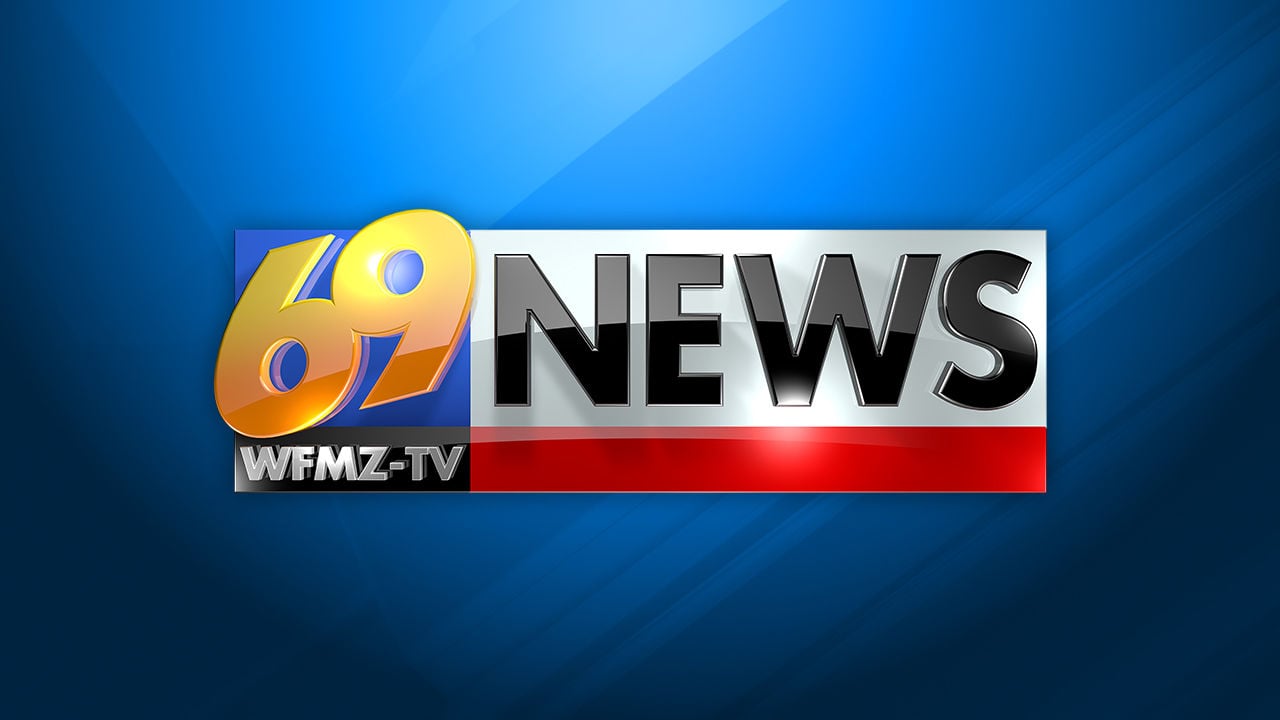Remember charter school reform?
Before March and the public education turmoil caused by the coronavirus, the call for charter school funding reform was being echoed loudly in local school board meetings throughout the region at the start of 2020.
Several local boards considered and adopted a resolution circulated by the Pennsylvania School Boards Association supporting a charter reform proposal put forth by Gov. Tom Wolf. In January, more than 30 superintendents from districts in five counties formed a coalition, the Leaders for Educational Accountability and Reform Network, targeting legislative action on reform.
LEARN is comprised of “school leaders who are standing up for public education and fighting for charter school reform,” said Frank Gallagher, superintendent of Souderton Area School District, during a January press conference in Montgomery County.
The superintendents’ initiative included visits to Harrisburg to lobby for the reform package. Even in early spring at the same time boards were grappling with closing schools as the pandemic took hold, charter funding reform was being discussed and supported at board meetings.
The Pottstown School Board adopted the resolution in April. “We want to remind the legislators that this is still very much on our minds,” said Pottstown Schools Superintendent Stephen Rodriguez, at the time.
Before the pandemic hit, there was some supposition that charter funding reform was gaining support in Harrisburg. A study had just been released by Temple University Center on Regional Politics titled “A Tale of Haves and Have-Nots,” that said more than half of Pennsylvania school districts are on a path to fiscal distress. The study cited the state’s current charter school tuition formulas as a major factor making public schools go broke.
And then the pandemic took over most practical efforts in public education, and the focus of administrators and school boards shifted to learning how to safely and adequately educate students.
No one was thinking about charter school reform. Until now. Budget season is getting underway and school districts are discovering that the pandemic and the resulting uncertainty about if, when and how schools reopen is causing more families to try cyber charters. More are disenrolling from public schools, and the budget impact is growing.
The North Penn School District in Lansdale, Montgomery County, at a meeting this month took a concentrated look at both the financial effect of charters and at educational performance. Director of Business Administration Steve Skrocki presented the board with a cost analysis and performance analysis for the 14 charters that operate within North Penn.
Over the past month, Skrocki told the board, roughly 40 district students have disenrolled and entered into charter or cyber schools, which under current state funding formulas adds $700,000 in state-mandated, and unbudgeted, costs to the district budget. Typically, five to seven students leave per year.
The cyber school funding reform proposal currently on the back burner in Harrisburg would save the district roughly $800,000 if enacted. Skrocki said the 2020-21 budget has about $3 million already budgeted for cyber and charter school expenses, not counting the additional $700,000.
Skrocki provided data derived from the Future Ready PA Index that measures student performance statewide. Using charts and color-coded graphs, the presentation showed that in every category North Penn outperforms every charter, all of which operate as cyber schools. The three largest schools among the 14 — PA Leadership Charter School, PA Virtual Charter School, and Commonwealth Charter Academy — contain roughly two-thirds of the total charter enrollment of the district, Skrocki said.
In every analysis, school officials note they are not anti-charter. The issues they want to see addressed are outdated funding formulas, lack of accountability that is required of public schools, and a level playing field.
Wolf’s most recent proposal seeks to establish performance standards for charter schools to hold them accountable for educational outcomes, to cap enrollment at low performing cyber charter schools until they demonstrate improvement, require charter management companies to be subject to the state Right to Know Act and State Ethics Act, and create fair and equitable funding practices.
In the area of special education, making funding more equitable would save districts hundreds of thousands of dollars, according to an analysis on the state Department of Education website. Reading School District would save $1.2M; West Chester, $806,000; William Penn in Delaware County, $1.3M; Norristown, $1M; and Pottstown, $176,000, according to the PDE analysis.
Charter schools are seen as a choice every parent has the right to make. But the current system puts an undue financial burden on every taxpayer, who does not have a choice.
The urgency is even more pressing in these uncertain times than it was pre-pandemic. We urge lawmakers to do the right thing and give this common-sense financial relief to schools and taxpayers. That’s a choice that benefits everyone.





More Stories
Lawmakers recommend COVID relief for snowmobile associations; school funding gap still looms
Questions linger one month into Saskatchewan’s back-to-school plan
NH school-funding commission wrestles with ‘first-last dollar’ rule